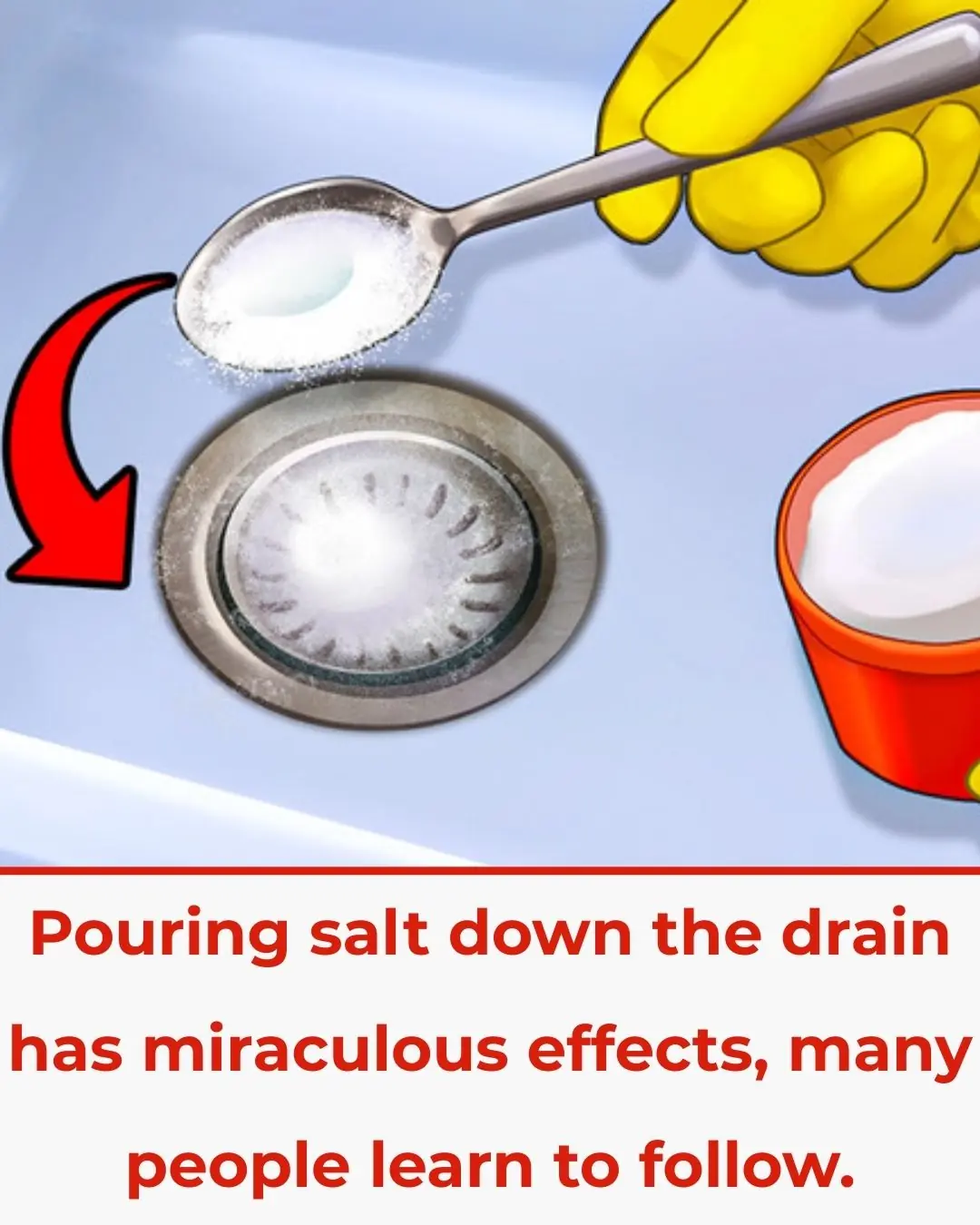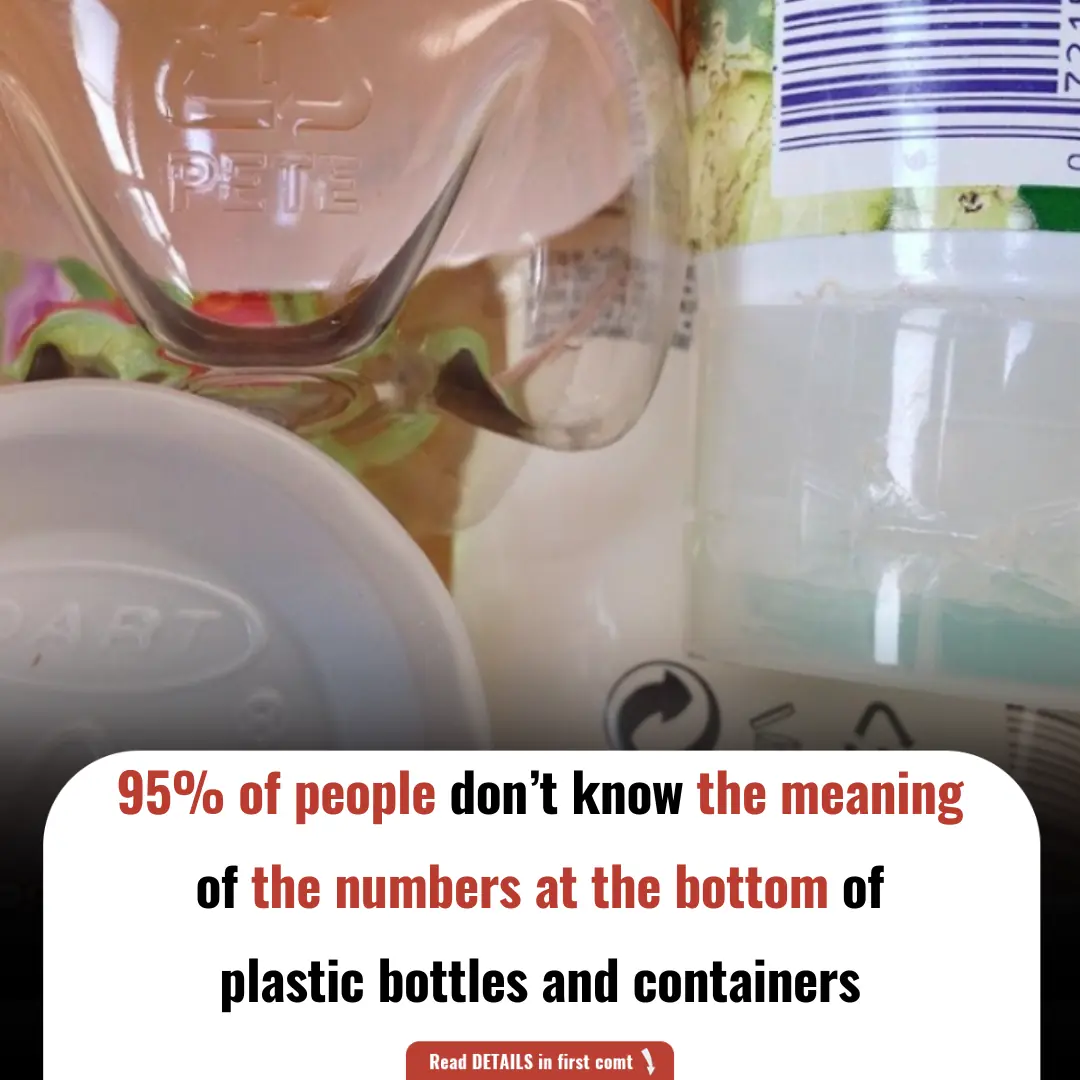
7 health problems that may occur if you don’t drink enough water
7 Health Consequences of Not Drinking Enough Water
According to research from the U.S. National Academy of Medicine, an average adult needs about 2.7 to 3.7 liters of water daily (including both beverages and food sources). Yet in today’s fast-paced lifestyle, many people forget to stay consistently hydrated.
A 2019 study in the Journal of Human Nutrition and Dietetics reported that nearly 50% of adults fail to meet daily fluid intake recommendations. This leads to a state of mild chronic dehydration — often overlooked, but capable of triggering serious health problems.
So, what really happens when you don’t drink enough water each day?
1. Fatigue and Poor Concentration
Water is essential for efficient brain function. Even mild dehydration (just 1–2% of body weight) can impair short-term memory, alertness, and focus, according to a 2014 study in the Journal of Nutrition.
If you often feel tired in the afternoon without a clear cause, your lack of water may be silently sabotaging your productivity.
2. Constipation and Digestive Problems
The digestive system relies heavily on water. Fluids soften stool, aid bowel movement, and prevent constipation.
A 2017 study in the European Journal of Clinical Nutrition found that adults drinking less than 1.5 liters of water daily were twice as likely to suffer from constipation compared to those who drank enough.
Low hydration can also reduce digestive secretions, leading to indigestion and bloating.
3. Dry Skin and Premature Aging
Your skin reflects your hydration status. Without sufficient water, skin loses natural moisture, becoming dry, dull, and more prone to fine lines.
A 2018 study in Clinical, Cosmetic and Investigational Dermatology confirmed that adequate hydration improves skin elasticity and moisture levels. Conversely, dehydration reduces blood flow to the skin, accelerating the aging process.
Drinking enough water helps keep your complexion radiant and youthful.
4. Headaches and Migraines
Headaches are among the most common signs of dehydration.
A 2015 study in Headache: The Journal of Head and Face Pain showed that even mild dehydration can trigger headaches or worsen migraines in sensitive individuals. Proper hydration maintains brain pressure balance and supports oxygen delivery to nerve cells.
If headaches strike often, try drinking a glass of water before reaching for pain medication.
5. Higher Risk of Kidney Stones
Your kidneys are directly affected by hydration. Water dilutes minerals in urine, preventing them from crystallizing into stones.
The American Urological Association reports that people who drink less than 2 liters daily have a 30% higher risk of kidney stones.
Similarly, a 2016 study in the American Journal of Kidney Diseases found that increasing daily water intake lowers the chance of recurrence in patients with a history of stones.
6. Greater Risk of Urinary Tract Infections (UTIs)
Low water intake also increases the risk of urinary tract infections. Water helps flush bacteria out of the urinary tract, preventing them from clinging to the bladder wall.
A 2018 study in JAMA Internal Medicine showed that women with low fluid intake were 1.5 times more likely to develop UTIs compared to those who stayed well-hydrated.
Warning signs include burning during urination or cloudy urine — strong cues that your body needs more water.
7. Impact on Heart Health

Few people realize that poor hydration strains the cardiovascular system. When dehydrated, blood becomes thicker, forcing the heart to pump harder.
A 2002 study in the American Journal of Epidemiology revealed that adults who drank fewer than five glasses of water per day had a 46% higher risk of heart disease than those with higher fluid intake.
Dehydration has also been linked to an increased risk of stroke, especially in older adults. Adequate water intake protects not only the kidneys and skin but also the heart and circulation.
The Bottom Line
Water isn’t just about quenching thirst — it’s fundamental for nearly every system in the body. From brain and digestion to skin, kidneys, and the heart, staying hydrated keeps you healthy and resilient.
Aim for 2.7–3.7 liters daily (from both food and drinks), and listen to your body’s cues. A simple habit like drinking water regularly can go a long way in protecting your long-term health.
News in the same category


Add This Simple Ingredient When Mopping – Your Floors Will Shine Like New and Stay Clean All Week!

5 Delicious Eating Habits That Put the Whole Family at Risk of C:ancer – Extremely Dangerous and Should Be Avoided Immediately

Be careful — one single action at the airport could ruin your en:tire life.

Condolences to those who are using these 4 types of electric kettles: Throw them away while you still can, thousands of people have already developed c:ancer.

Don't Throw Away That Old Non-Stick Pan! Try This Simple Trick to Make It Like New

Pouring Salt Down the Drain: A Surprising Trick More People Are Trying

3 Simple Ways to Keep Your Home Completely Rodent-Free

7 Household Appliances That Consume More Electricity Than Air Conditioners — I Sadly Realized My Home Has Them All

Four Plants in Your Garden That Attract Snakes Like Crazy — Remove Them Immediately for Family Safety

Tips for pickling white eggplants that are crispy, do not turn black, and do not form scum when left for a long time

How to grow papaya in pots, the fruit is heavy, big and sweet

4 habits that may be silently accelerating your body’s aging process

Eating ginger without peeling it – a lifelong health risk? The surprising truth that shocks everyone.

Boiling perilla leaves with a few stalks of lemongrass gives your body these 7 amazing benefits.

Even the Most Expensive Electric Kettle Can Turn Into a "Time B0 m b" If Your Household Has These 4 Habits

If a Non-Stick Pan Shows These 3 Signs, It’s Best to Throw It Away Immediately to Avoid Health Risks

Fish Sellers Reveal: 2 Types of Fish So Cheap You Should Never Buy, Yet Many People Still Unknowingly Purchase Them

95% of People Don’t Know the Meaning of the Numbers at the Bottom of Plastic Bottles and Containers

The hidden electricity-draining device at home that few people notice: It consumes more power than a refrigerator or washing machine
News Post

Firefighter reveals Princess Diana's last four words before she died
Nearly three decades after Princess Diana’s tragic death, a firefighter who held her hand in her final moments has shared what she said before losing consciousness. His emotional recollection sheds new light on one of the most heartbreaking nights in mo

Fans defend The Rock after he revealed 'slim' look which has left people extremely concerned
Dwayne “The Rock” Johnson stunned audiences with a dramatically leaner appearance at the Venice Film Festival, sparking a wave of divided reactions online. While some fans voiced concern for his health, others rushed to defend the Hollywood icon, remi

Elon Musk's daughter shares very honest message after cutting ties with billionaire dad who claimed she was dead
Vivian Wilson, the estranged daughter of tech mogul Elon Musk, has once again spoken out about life after severing ties with her world-famous father. In a rare and unfiltered message, she shed light on her personal struggles, her independence, and the rea

California hospital staff fired following 'dehumanizing' TikTok ridiculing their patients
What began as a short social media clip has ended in a scandal that shook a California healthcare network. A group of hospital workers recorded a TikTok mocking their patients—an act described as “dehumanizing”—and have now all been dismissed foll

Before-and-after images show effects space had on NASA astronauts after 9 months
What was supposed to be a short visit turned into nearly a year away from Earth. Now, newly released before-and-after images of two NASA astronauts show just how profoundly nine months in space can reshape the human body.

NASA just took the closest-ever images of the sun, and they are incredible
For the first time in history, humanity has peered closer into the blazing heart of our star than ever thought possible. NASA’s Parker Solar Probe has delivered astonishing images and video of the sun’s surface and atmosphere, revealing mysteries that

Rice Water: The “Liquid Gold” in Your Home That Most People Forget to Use

The Shocking Truth Behind “Bleach” Stains on Underwear – What Your Body Is Really Telling You
Many people are startled when they notice pale or bleach-like patches on their underwear and immediately assume something must be wrong. But far from being a sign of poor hygiene, this natural occurrence is actually one of the strongest indicators of a he

There Is One Sound A Person Makes That Means They Have Less Than 24 Hours To Live
As the body approaches its final hours, loved ones may hear a sound known as the “death rattle,” a sign that often causes deep concern. Though unsettling, this natural process is not painful for the person and understanding it can bring comfort to fam

Add This Simple Ingredient When Mopping – Your Floors Will Shine Like New and Stay Clean All Week!

5 Delicious Eating Habits That Put the Whole Family at Risk of C:ancer – Extremely Dangerous and Should Be Avoided Immediately

Be careful — one single action at the airport could ruin your en:tire life.

Condolences to those who are using these 4 types of electric kettles: Throw them away while you still can, thousands of people have already developed c:ancer.

How Magnesium Keeps Your Heart Rhythm Healthy

Why Do I Cough When Taking a Deep Breath?

Taking the Stairs Could Help You Live Longer

Purple Veins on Your Legs: When to Worry

Man develops 'pork worms' in his brain after years of doing this specific cooking habit

Signs Your Cortisol Is Dangerously High
